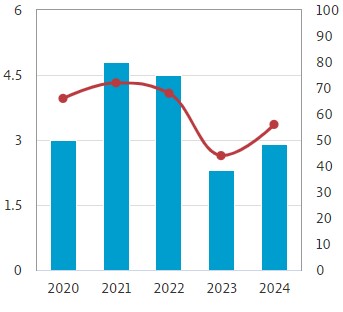Joint Venture Agreements in Nigeria's Oil and Gas Sector: Legal Challenges and Opportunities for Local Content Development
Abstract
This study critically examines the legal dynamics of Joint Venture Agreements (JVAs) in Nigeria’s oil and gas sector, with particular attention to the challenges and prospects they present for local content development. Joint Venture Agreements serve as strategic frameworks for partnerships between the Nigerian governments typically through the Nigerian National Petroleum Corporation Limited (NNPC Ltd) and international oil companies (IOCs). While these agreements have significantly contributed to resource exploitation and revenue generation, they are fraught with complex legal, regulatory, and structural issues that hinder optimal performance and local participation. The research explores the historical and legal evolution of JVAs in Nigeria, the implementation of the Nigerian Oil and Gas Industry Content Development Act (2010), and the degree to which legal provisions have fostered or obstructed the growth of indigenous capacity. Using doctrinal legal research, supported by statutory analysis and case law, the study evaluates the enforceability, fiscal regimes, dispute resolution mechanisms, and transparency provisions of existing JVAs.Findings reveal that while legal reforms have enhanced local content frameworks, systemic challenges such as weak institutional enforcement, vague contract terms, and inconsistent regulatory oversight persist. The study proposes legislative amendments, capacity-building strategies, and clearer contractual stipulations as pathways to achieving a more balanced and sustainable local content agenda.This research contributes to the broader discourse on energy law, development policy, and the quest for economic sovereignty in Nigeria’s oil and gas sector. It also offers actionable legal recommendations for stakeholders committed to strengthening local participation in oil resource governance.




